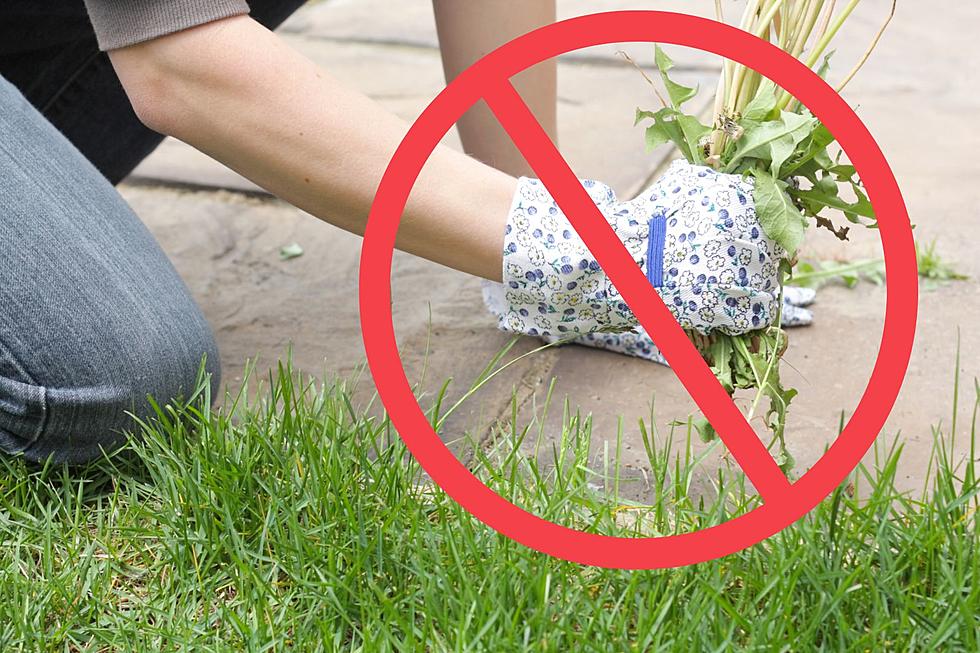
Scam Alert: Read THIS To Avoid These 3 Big Holiday Facebook Scams
Scammers are at it again. Here are three scams circulating on Facebook to avoid this holiday season and tips on how to avoid becoming a scam victim:
1) Secret Santa or Secret Sister Scam
In this holiday pyramid scheme scam (pictured below), hackers are trying to solicit money, gifts, and information from unsuspecting Facebook users. This scam states that if you send a gift, you'll receive several gifts in return. If you see this on your feed, do not share it and alert the person who has shared it that it is a scam. There is also a similar scam to this one circulating except for instead of sending gifts, you send bottles of wine. Again, do not share and report it to Facebook.
2) The Quiz Scam
A reminder warning from 2016 has been re-circulating on social media platforms to be mindful of sharing personal information publically. Obviously, we all know to not share sensitive information such as our social security numbers on these platforms but what about information that could be gained by a fake social media quiz?
For most secure accounts such as online banking, you have to answer a security question to access your account. However, if you accidentally share these answers on a seemingly harmless quiz via social media, you've given hackers identifying information that they could use to potentially break into your personal accounts.
Another quiz that hackers can use are the quizzes that ask permission to gain access to your social media accounts. On the surface, they look benign and even inviting. However, in the fine print when the quiz website requests access to your profile, it states that by allowing the quiz to access your account it will pull and use information such as general profile information, photos, friends' information, and other sensitive information in order to operate properly. You must agree to these terms in order to take the quiz. Once you do, this website has access to all of this information. Be careful when taking quizzes and only use reputable quiz sites or avoid quizzes altogether.
3) Messenger Scams
Hackers have also moved from targeting Facebook newsfeeds to targeting victims through Facebook Messenger. From asking if you're in a video to telling you that you've won money, Facebook scammers are heavily using Messenger to dupe people into clicking on phishing links or giving up personal information. If you receive a message from a friend that looks suspicious, it probably is.
In order to protect yourself from potential scams, follow these rules:
Pay attention and read everything. Make sure that it makes sense and doesn't sound like a scam. If it does, chances are that it is one.
Protect your privacy by limiting who can see your personal information and personal posts. The less information available, the better.
The bottom line is if you don't recognize an article, link, or any other media that was sent to you, don't click on it or respond. Delete it or report it to Facebook.
Stay safe on social media this season and always think twice before giving anyone any personal information!
More From WDKS-FM





![Louie Smiles in Every Photo Because He’s a Hap-Hap-Happy Boy! [Warrick Humane Society Pet of the Week]](http://townsquare.media/site/74/files/2024/04/attachment-LOUIE-WHS.jpg?w=980&q=75)



